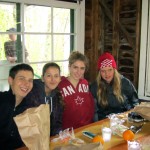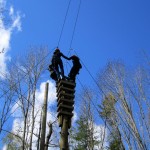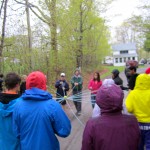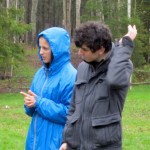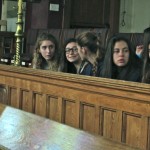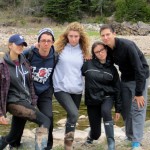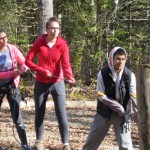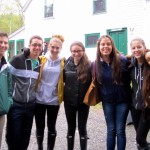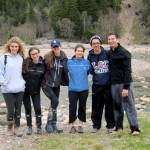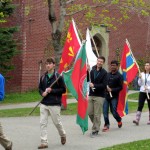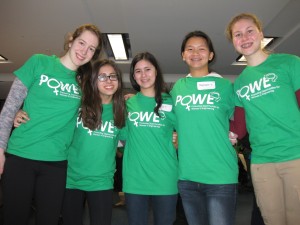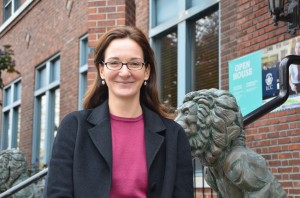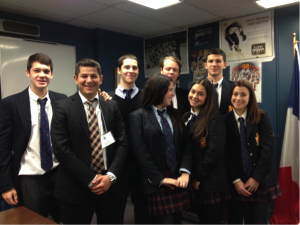 Réflexions sur le procès simulé R.c.Wai en présence de Me Marin Cojocaru du lundi 9 décembre 2013.
Réflexions sur le procès simulé R.c.Wai en présence de Me Marin Cojocaru du lundi 9 décembre 2013.
J’ai vraiment apprécié la visite de Me Cojocaru. Je crois qu’il nous a bien aidé durant le procès. J’ai apprécié ses corrections, car je crois que ce cours est là pour nous aider, et il nous a bien expliqué comment la cour fonctionne. – Luca Saputo ’14
C’était une très belle expérience et j’ai beaucoup aimé la façon dont Me Cojocaru nous donnait ses idées pendant le procès. Ces points de vue ont été appréciés et je vais les appliquer au prochain procès. – Eric Tellier ’14
Au cours du procès simulé, j’ai appris quand faire des objections. J’ai aussi appris quelles questions vous pouvez poser pendant le procès. Me Cojocaru m’a vraiment aidé à m’imaginer dans un vrai procès, j’ai adoré son implication et ses explications pour nous dire ce que nous ne faisions pas correctement. – Arianna Silla ’14
Je pensais que c’était une bonne expérience. Ça nous a aidé quand il nous interrompait quand nous faisions quelque chose d’une façon incorrecte. Il nous donnait des conseils que j’utiliserai la prochaine fois. Dans l’ensemble, j’ai beaucoup appris pendant ce procès. – Carina Bertoldi ’14
J’ai beaucoup aimé l’expérience du procès simulé. Comme l’année dernière, je trouve qu’à chaque fois, j’ai plus de connaissances en sortant de la classe. Je vous remercie M. Maurice et je suis content que Me Cojocaru puisse venir, ça a été un grand plaisir. – Matthew Filgiano ’14
Lundi quand Me Cojocaru est venu regarder notre procès simulé, il avait beaucoup d’informations précieuses à offrir. À certains moments, je me suis sentie très frustrée, car chaque fois que je posais des questions, il m’interrompait. Avec le recul, j’ai compris les raisons et j’ai appris beaucoup de choses pendant cette heure passée avec lui. – Lindsay Eiley ’14
Mon expérience pendant l’appel du procès de Jesse Wai était très enrichissante, et je l’ai beaucoup aimée. Comme juge stagiaire, j’avais beaucoup à apprendre pendant ce procès, Me Cojocaru et M. Maurice m’ont grandement aidé à décider quelles objections devraient être acceptées. Ils m’ont aussi expliqué le terme: “preuve close”. Je pense que je me suis bien amélioré depuis ma première expérience comme juge, et notre dernier procès m’a appris encore plus qu’avant. – Nicholas Tabet ’14
Comme c’est ma première année de droit, mon apprentissage est exponentiel, car chaque cours, je reçois une quantité énorme d’informations. Cependant, ma plus grande expérience est celle d’avoir eu la chance d’être un avocat. C’était une expérience très utile et j’ai appris comment poser les “bonnes” questions et comment formuler un argument cohérent et intelligent. – Elie Climan ’14


